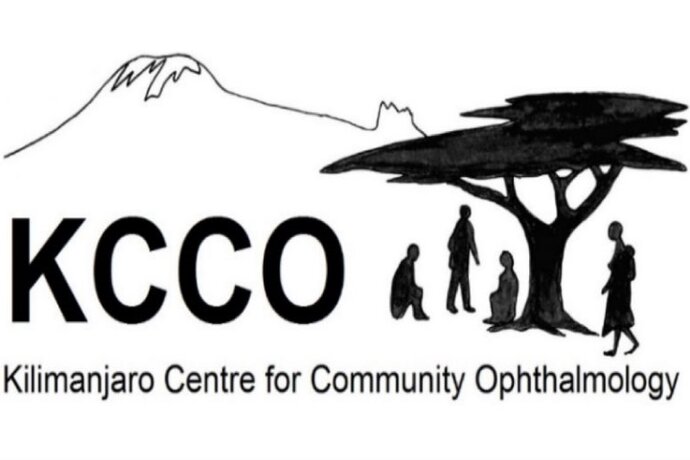Kilimanjaro Centre for Community Ophthalmology

KCCO provides assistance through programs, training, and research in the following countries: Eritrea, Ethiopia, Uganda, Kenya, Tanzania, Seychelles, Madagascar, Rwanda, Burundi, Zambia, Malawi, and DRC (partnership with The Carter Center for research in Mali and Niger).
Kilimanjaro Centre for Community Ophthalmology The goal of the Kilimanjaro Centre for Community Ophthalmology (KCCO) is to reduce blindness in Africa by building the capacity of eye care professionals, communities, and others to implement prevention of blindness activities throughout eastern Africa. This will be achieved through activities that come under the three overlapping areas of program development, training, and research.
KCCO provides assistance through programs, training, and research in the following countries: Eritrea, Ethiopia, Uganda, Kenya, Tanzania, Seychelles, Madagascar, Rwanda, Burundi, Zambia, Malawi, and DRC (partnership with Carter Center for research in Mali and Niger).
Program development
- Develop VISION 2020 programs (linking community-based initiatives with improved efficiency at hospital) with a focus on increasing service delivery and improving equity (particularly, gender equity).
- Facilitate national and “district” planning for VISION 2020, child eye health initiatives, and trachoma elimination.
- Develop programs that improve the ability of eye care facilities to be self-sustaining.
- Run a regional resource/educational center (electronic and physical) devoted to prevention of blindness so all those interested can have access to information.
Training
- Train eye care providers (ophthalmologists, ophthalmology residents, nurses, and public health workers) in various aspects of community ophthalmology (management, planning, leadership development, bridging strategies, child eye health, training of trainers, etc.).
- Produce manuals and other materials to improve provision of eye care service delivery (e.g., Childhood Cataract in Africa, Using Key Informants to find and refer children, Women and Trachoma)
- Create collaboration (north-south and south-south) with universities in Africa, Canada, Europe, Asia and the U.S. to provide training for eye care providers.
Research
- Do research to improve the delivery (uptake, quality, and satisfaction) of eye care services (cataract surgery, trichiasis surgery, child eye health services, low vision services, etc.)
- Help eye care providers do practical ophthalmologic research by providing technical training and support.
- Provide skills in knowledge translation: translate research finding into policy and programs.